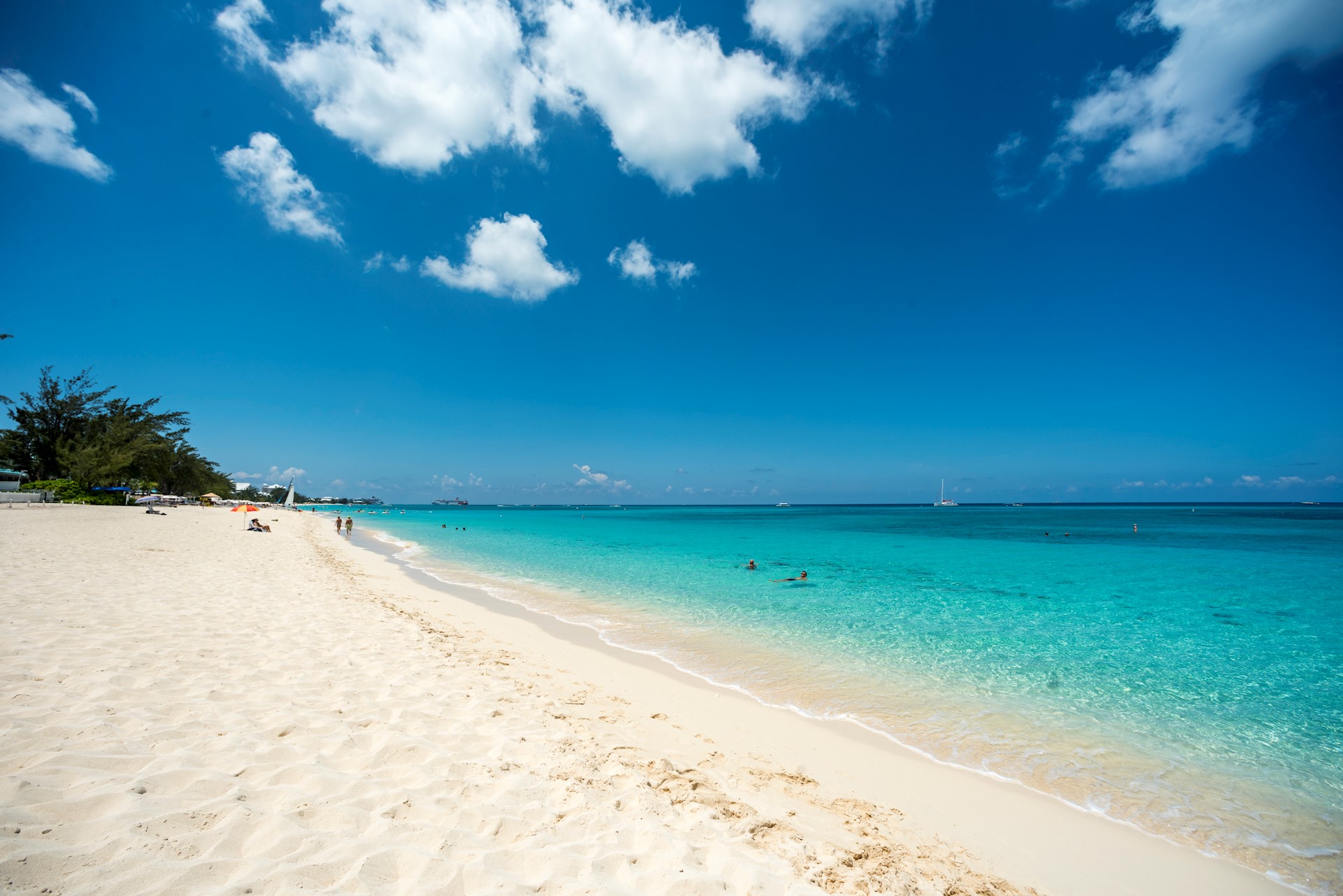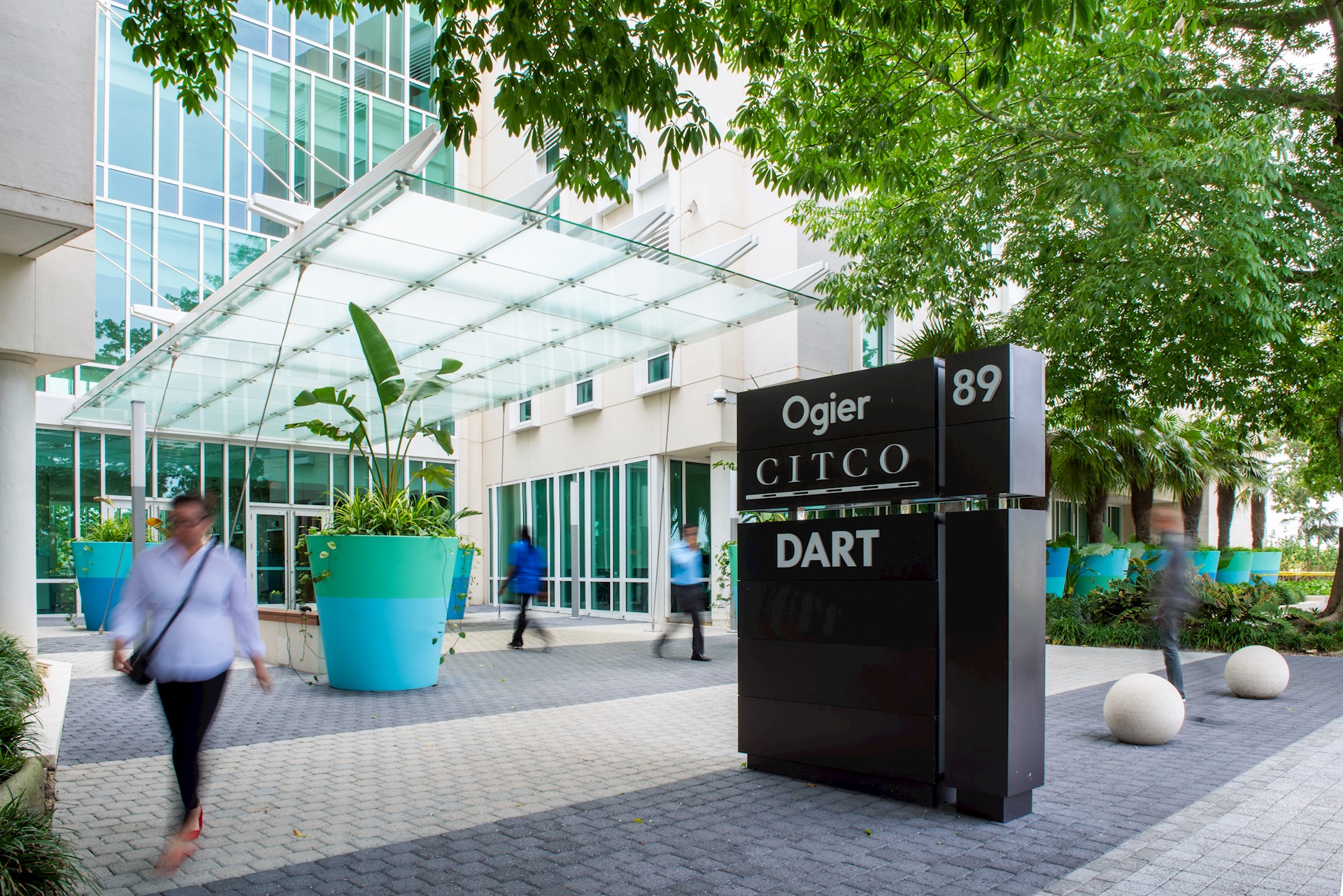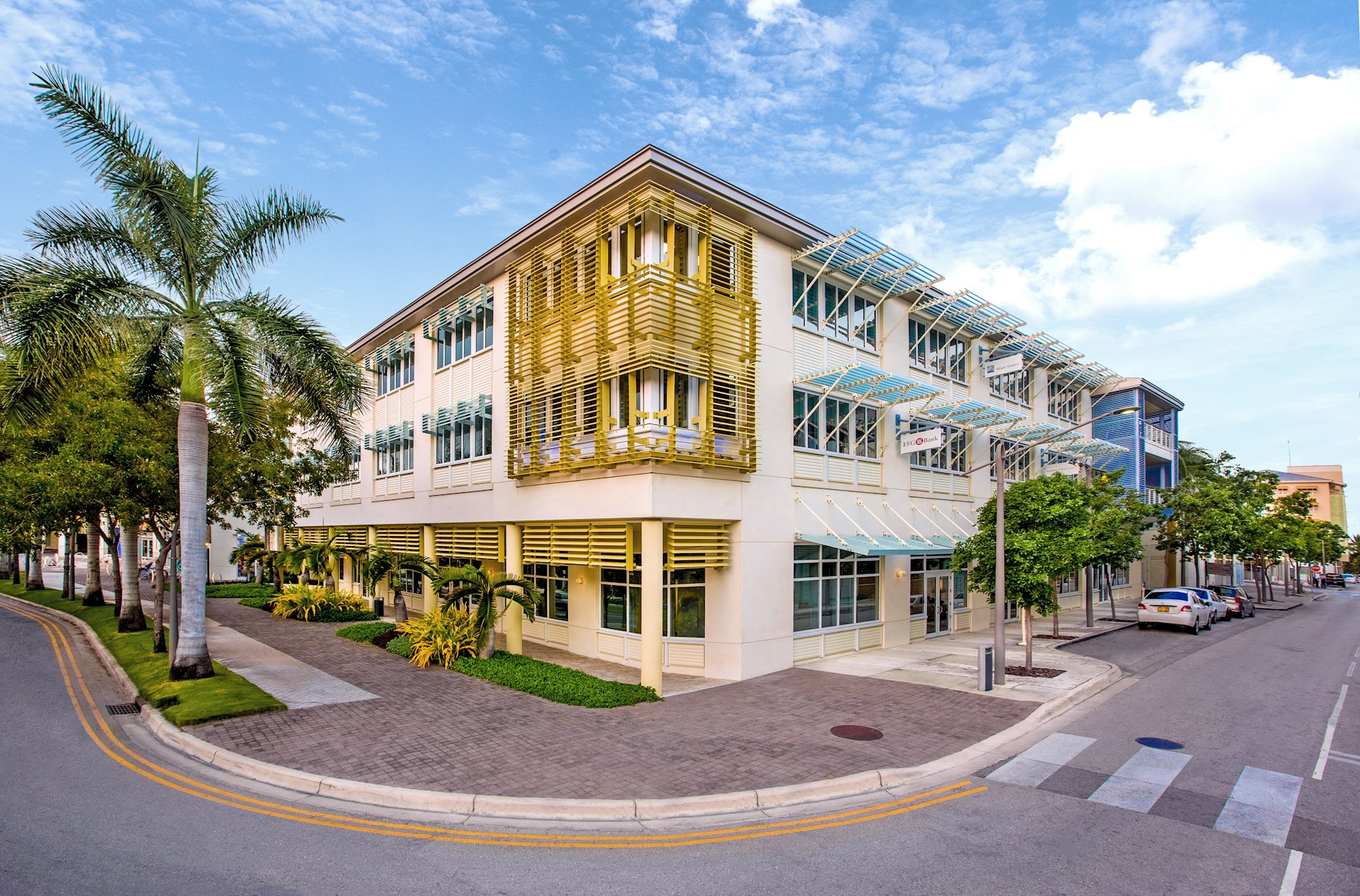
Soft white sands, swaying palms, endless sunsets and year-round sunshine. It's no wonder that moving to the Cayman Islands is for many a dream come true. From shipping your stuff to finding a school, from paperwork to pets, we know it's a big move wherever you are coming to us from; let us show you the way.
Relocation guide
Setting up a business in the Cayman Islands is pretty straightforward. Here's everything you need to know:

Apply for a trade and business licence Before doing any business in the Cayman Islands, all individuals, partnerships, and companies must apply for a trade & business licence. There will be an annual fee and renewal for this going forward.

Incorporate a company There are plenty of providers here that specialise in providing company incorporation services and registered office services, as well as company management, administration and fiduciary services.

Open a bank account Each bank sets its own guidelines for opening a business account. At a minimum, most will request company incorporation paperwork, financial statements or a business plan, and a copy of the trade & business licence. Plus your bank reference, passport, a utility bill and professional references.

Apply for a work permit If you intend to work in the Cayman Islands, you'll need to apply for a work permit. Your permit will depend on your role within the company, and fees are structured accordingly. They are generally granted in three-month, six-month, 12-month and two-year periods.

Arrange health insurance By law, employers must provide each employee with basic health insurance, 50% of which must be paid for by the employer. Employees can choose to include their spouse and dependents on their health insurance plan.

Invest in property With no restrictions on foreign land ownership and no alien landholding license required, the Cayman Islands are a great place to invest. And with a regulated and straightforward land registry process, it couldn't be simpler.

Open a pension account The law states that all employees must have a pension plan. This means the employer has a legal responsibility to pay a minimum of 5% (gross) each pay period into the employee's account.
Cost of setting up a company in the Cayman Islands
You'll pay the Cayman Islands government a one-time stamp duty (land transfer fee) whenever you purchase a property. This will either be based on the purchase price or property value, whichever is the largest.
Hiring a lawyer to assist with the process is a good idea, both for guidance and help preparing documents. Estimates for lawyer fees for property purchase are approximately 0.5 to 1% of the purchase price. And - yes - in the Cayman Islands, the seller pays the real estate agent commission.
A property valuation report will be required if you’re financing your property purchase with a mortgage. The cost of this valuation will depend on the property's size and value, but starting costs typically begin at CI$400. Allow four to six weeks from the time of application for a mortgage to be approved by the bank.
Once the purchase process is completed, international buyers could qualify for residency in the Cayman Islands. This is a 25-year (renewable) residency certificate based on your developed real estate being purchased for CI$1 million (US$1.2 million) or more.
The real estate specialists at Provenance Properties can introduce you to a wide range of luxury properties and can explain the process of buying real estate in Grand Cayman.

Banking and finance A leading offshore financial centre

Legal A legal system based on English common law

Culinary Over 200 restaurants, cafes and bars across three islands

Technology Serviced by dependable telecoms infrastructure

Aircraft and shipping Top-quality flag state in the international aviation and maritime sectors

Insurance Among the top three insurance domiciles globally

Family offices A thriving financial industry and tax-neutral environment

Retail A busy retail scene with an abundance of storefronts